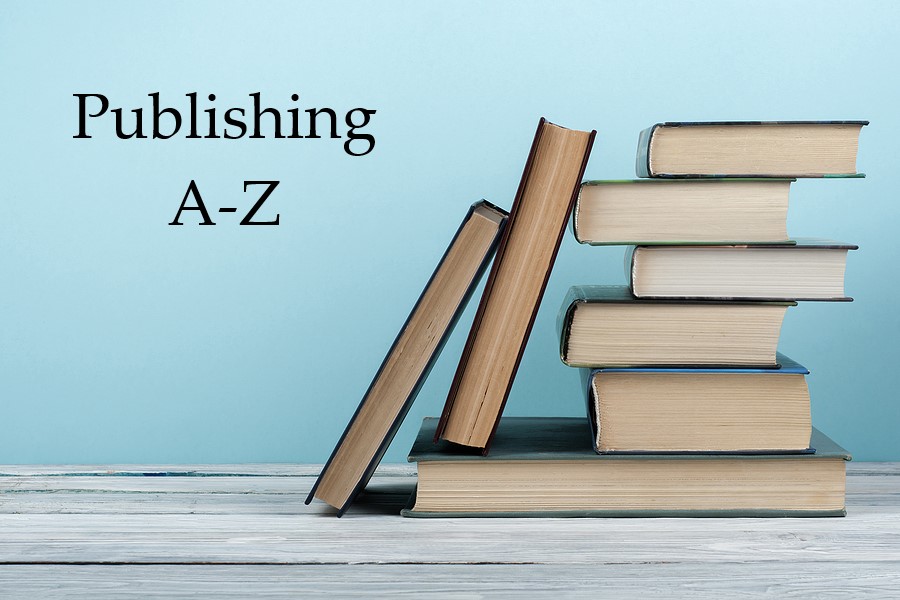Thomas Edison was to have said, “Genius is one percent inspiration and ninety-nine percent perspiration.” Apparently, he made 1,000 failed attempts to invent the light bulb. After accomplishing it, he was asked about all the previous failures. Edison replied, “I didn’t fail 1,000 times. The light bulb was an invention with 1,000 steps.”
The exercise of writing can be somewhat similar. If you wait for inspiration before you write, you might be waiting a long time. If things have to be perfect for creativity to commence, the desk arranged in a certain way, the lighting just right, the surroundings quiet or specific music playing, the dog asleep, the children elsewhere, the spouse distracted, the door closed … you might never write another word.
It is often the simple practice of putting words on the page where inspiration is found. It can be a delight when it happens!
The Slog
The career writer knows to approach writing as a job. A task to complete. It is in the middle of a long project where things can bog down. You are tired of this project. Nothing brilliant is coming to mind. No great anecdote. No great story twist. Just blah, blah, blah.
Amazing how this is a universal experience for writers. I hear it again and again.
Embrace this slothlike walk through your book as normal. But walk you must. Otherwise, you’ll never finish.
Finding the Diamond
A few years ago, a 121-carat diamond was found in a South Africa mine. Imagine the tons of dirt and rock that were sifted to find that gem. In the same way, you will comb through your finished manuscript and discover many pieces of inspired writing. The key is to begin eliminating the sections that are not so gemlike.
I recall working with the late Calvin Miller on his great book Into the Depths of God. We were in his home office reading his manuscript out loud to each other. I read one page and Calvin exclaimed, “What does that mean?” I replied, “How would I know? You wrote it!” Calvin laughed and said, “That was terrible, cut it out and throw it away.” In the end, nearly one-third of what this genius writer had created was left on the editing floor. What was left was the best.
So, which is it?
I believe inspiration is the heart of what makes a writer write. It is an idea, an experience, a story: something that sparks a passion to write it down. Otherwise, writing becomes an assignment like school, where it is an obligation or a requirement.
At the same time, without hard work, the book is never completed. But just because it is complete doesn’t necessarily mean it is genius. It only means it is complete. The determination of its commercial value or its literary quality is another conversation for another day.
Thus, it isn’t an either/or but a both/and. Inspiration motivates hard work, and hard work creates inspiration. They are an integral part of the process.
So after you stop reading this post, it is time to apply a bit of perspiration (and a bit of caffeine?) to your day. Wrestle with finding the best words today. Meet that word count goal you set. Surprise yourself with the words that flow. And try to enjoy the process even when plodding through the slog.











